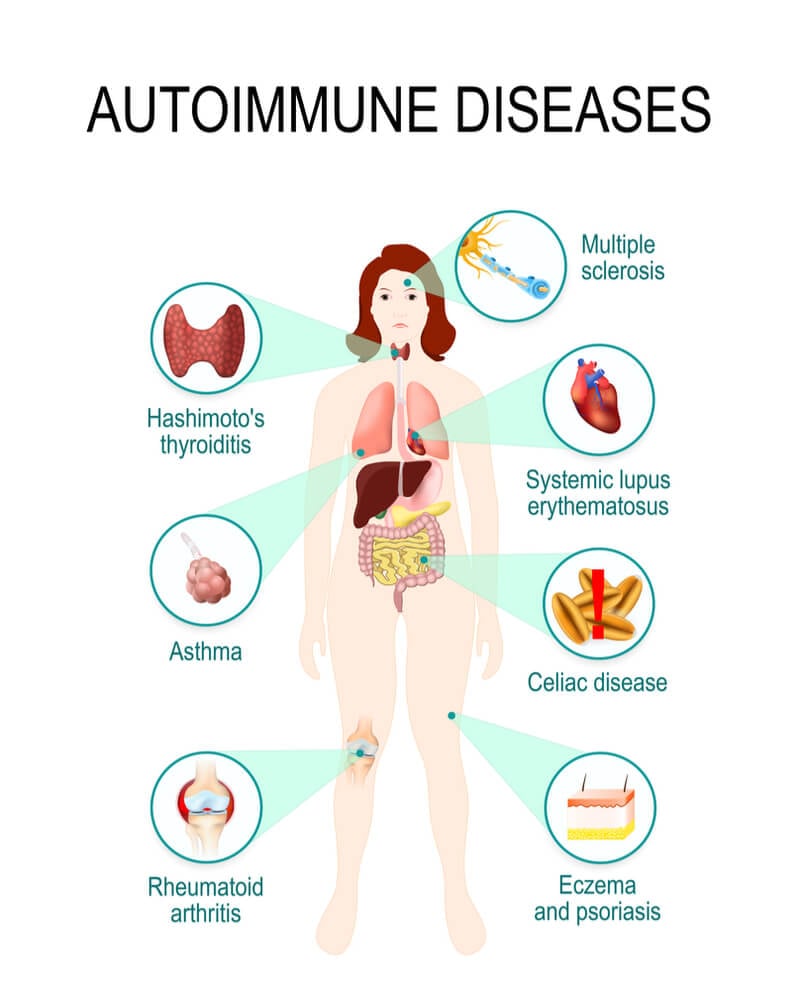
Autoimmune diseases occur when the body’s immune system mistakenly attacks its own healthy cells. These conditions can affect various organs and tissues, leading to chronic inflammation, pain, and potential organ damage. One of the most commonly prescribed medications for autoimmune disorders is Hcqs 200 Tablet, which contains hydroxychloroquine as its active ingredient. This medication plays a significant role in managing diseases like rheumatoid arthritis, lupus, and Sjögren’s syndrome.
In this article, we will explore how HCQS 200mg Tablet works, its benefits, recommended dosages, possible side effects, and precautions to ensure safe use.
Understanding HCQS 200mg Tablet
HCQS 200mg is an antimalarial drug that has found extensive use in the treatment of autoimmune disorders due to its immunomodulatory properties. It belongs to the disease-modifying antirheumatic drugs (DMARDs) category, which helps reduce inflammation and slow the progression of autoimmune diseases.
The drug was originally developed to treat malaria, but researchers discovered its effectiveness in managing autoimmune diseases by modulating the immune response and decreasing inflammation.
How HCQS 200mg Works in Autoimmune Diseases
HCQS 200mg Tablet helps in autoimmune diseases through several mechanisms:
- Immune System Modulation
- HCQS interferes with the communication between immune cells, reducing the excessive immune response responsible for tissue damage.
- It prevents self-targeting immune attacks, thereby protecting healthy tissues from inflammation.
- Reduction of Inflammation
- The drug inhibits the production of pro-inflammatory cytokines, which are responsible for inflammation and tissue damage in autoimmune conditions.
- It also reduces oxidative stress, minimizing damage caused by free radicals in affected organs.
- Blocking Antigen Processing
- HCQS alters the function of immune cells called antigen-presenting cells (APCs), reducing their ability to trigger an excessive immune response.
- This helps prevent autoimmune flare-ups and maintains long-term disease control.
- Impact on pH Balance in Cells
- The drug alters the pH levels inside immune cells, which interferes with certain cellular processes that contribute to autoimmune diseases.
Autoimmune Diseases Treated with HCQS 200mg
HCQS 200mg Tablet is widely used to treat several autoimmune conditions, including:
1. Rheumatoid Arthritis (RA)
RA is a chronic inflammatory disorder that primarily affects the joints, causing pain, swelling, and stiffness. HCQS helps in RA by:
- Reducing joint inflammation and stiffness
- Slowing disease progression and preventing joint deformities
- Improving overall joint function and mobility
2. Systemic Lupus Erythematosus (SLE)
Lupus is an autoimmune disease that affects multiple organs, including the skin, kidneys, heart, and brain. HCQS is beneficial in lupus because it:
- Reduces flare-ups and helps maintain remission
- Controls skin-related symptoms, such as rashes
- Protects against kidney damage and cardiovascular complications
3. Sjögren’s Syndrome
This condition affects the salivary and tear glands, leading to dry mouth and dry eyes. HCQS helps by:
- Reducing inflammation in glands
- Improving saliva and tear production
- Alleviating fatigue and joint pain
4. Other Autoimmune Conditions
HCQS is sometimes used in dermatomyositis, mixed connective tissue disease, and sarcoidosis to control symptoms and inflammation.
Recommended Dosage
- The standard starting dose for autoimmune conditions is 200–400mg per day, taken orally.
- The maintenance dose varies depending on the patient’s response, with most individuals stabilizing on 200mg once or twice daily.
- It is essential to take the medication with food to reduce stomach irritation.
- Dosage adjustments may be necessary based on medical conditions, weight, and tolerance levels.
Side Effects of HCQS 200mg
While HCQS is generally well-tolerated, some patients may experience side effects such as:
Common Side Effects:
- Nausea and stomach discomfort
- Headache and dizziness
- Skin rashes and itching
- Temporary vision disturbances (blurry vision)
Serious Side Effects:
- Retinal toxicity (long-term use can lead to eye damage, so regular eye check-ups are recommended)
- Heart problems (prolonged use may increase the risk of heart rhythm abnormalities)
- Severe muscle weakness (rare but possible in certain individuals)
- Liver or kidney dysfunction (requires periodic monitoring)
Precautions and Safety Measures
- Regular Eye Exams
- Since long-term use may cause retinal damage, patients should undergo eye exams every 6–12 months.
- Monitoring Heart Health
- Individuals with heart conditions should be monitored for potential cardiac toxicity.
- Avoid in Pregnancy and Breastfeeding
- HCQS should only be used during pregnancy if the benefits outweigh the risks.
- It is not recommended for breastfeeding mothers unless prescribed by a doctor.
- Caution in Patients with Liver or Kidney Disease
- Dose adjustments may be necessary in patients with impaired liver or kidney function.
- Avoid Alcohol
- Alcohol consumption can increase the risk of liver damage while taking HCQS.
Conclusion
HCQS 200mg Tablet is a highly effective medication for managing autoimmune diseases like rheumatoid arthritis, lupus, and Sjögren’s syndrome. By modulating the immune response and reducing inflammation, it helps improve the quality of life for many patients. However, regular monitoring is essential to minimize potential side effects, particularly eye and heart-related risks.
Before starting HCQS, it is crucial to consult a healthcare professional for the correct dosage and necessary precautions. When used appropriately, HCQS can be a game-changer in controlling autoimmune diseases and preventing complications.